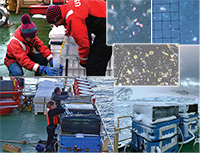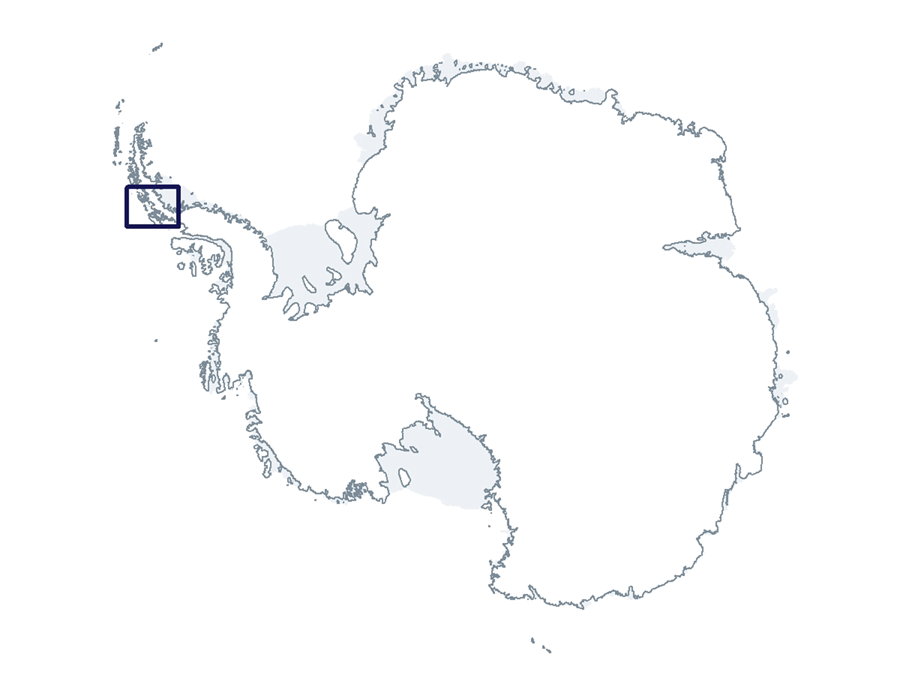2021-2022 USAP Field Season
Project Detail Project TitleDiversity and ecological impacts of Antarctic mixotrophic phytoplankton Summary
Event Number:
Program Director:
ASC POC/Implementer: Principal Investigator(s)
Dr. Robert Sanders
Location
Supporting Stations: RV/IB Nathaniel B. Palmer DescriptionTraditional models of oceanic food chains have consisted of algae (phytoplankton) being ingested by small animals (zooplankton), which are ingested by larger animals (fish). These traditional models changed as new methods allowed recognition of the importance of bacteria and non-photosynthetic “protozoa” in more complex food webs. More recently, the widespread existence of mixotrophy (the ability to both photosynthesize and ingest food particles) has been recognized in numerous species and many oceanographic areas. Mixotrophs are now known to have a large impact as predators of microbes in oceanic systems, yet little is known about mixotrophs in Antarctic regions. This project will advance understanding of mixotroph diversity and their ecological impact within the Southern Ocean microbial food web. Field Season OverviewFive participants will deploy to the Western Antarctic Peninsula (WAP) area on the ARSV Laurence M. Gould to sample approximately ten stations, including one in the Gerlache Strait on the way to Palmer Station, one in the Palmer Deep, and several to the south, as far as Marguerite Bay. The team will conduct experiments to examine bacterial grazing, bacterial production, primary production and microbial diversity (prokaryotic and eukaryotic). The team will collect water samples from the surface and the deep chlorophyll maximum early in the morning every two to three days. Deploying Team Members
|
2021-2022 Science Planning Summaries



For USAP Participants |
For The Public |
For Researchers and EducatorsContact UsNational Science FoundationOffice of Polar Programs Geosciences Directorate 2415 Eisenhower Avenue, Suite W7100 Alexandria, VA 22314 Sign up for the NSF Office of Polar Programs newsletter and events. Feedback Form |



